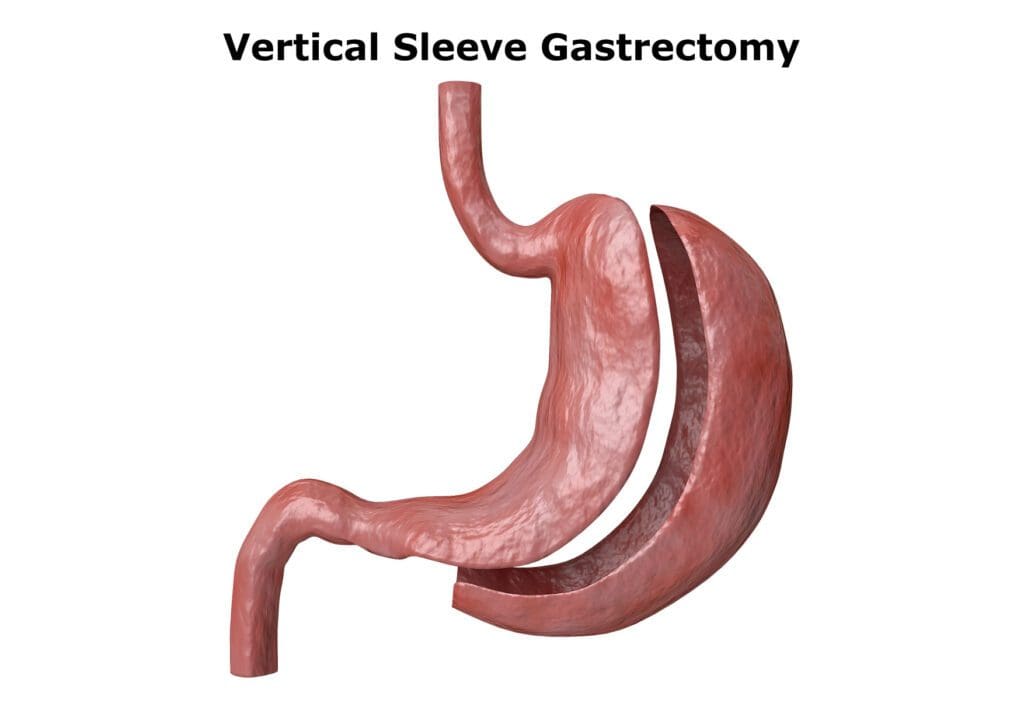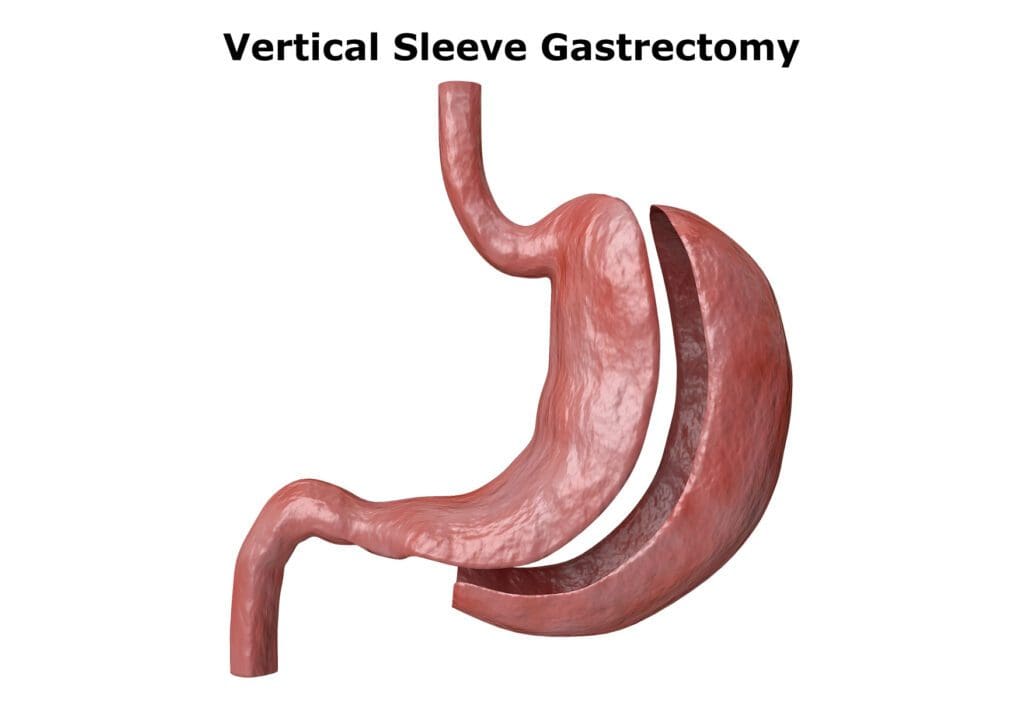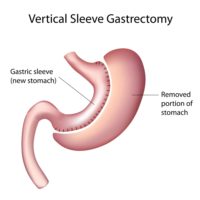by Dr. Trace Curry, Cincinnati, Ohio
I remember when I did my first laparoscopic gastric bypass in 2003 at Wayne Hospital in Greenville, Ohio. I was a general surgeon then, and I wanted to branch out and challenge myself with more advanced procedures. Those were the very early days of laparoscopic weight loss surgery, and we were still fighting the bad rap of years of high complication rates from the same exact procedure being done with a huge 12 inch incision. Originally, I had planned on weight loss surgery being just a small part of my general surgery practice, but when I saw how these procedures totally transformed my patients’ health with just a few tiny incisions, I quickly decided to dedicate my entire practice to this exciting field. I could see a patient’s life expectancy improve right before my very eyes – in fact I once had a patient who was so obese and had such severe sleep apnea that he had to have a tracheostomy done (this was long before Thousand Pound Sisters). When he came in for his 1 year post op check after his gastric bypass procedure, he proudly rode his bike right into my office, his trach tube long removed!
As a weight loss surgeon, the fact that weight loss surgery increases life expectancy is something that has been plainly obvious to me for the last 20 years. Now, however, we have new data from a study spanning 40 years and including nearly 22,000 people that confirms this as fact!
These results were just published last Wednesday in the journal Obesity. It was a retrospective study out of Utah, meaning the researchers looked back at data from patients over past years. They looked at patients with and without weight loss surgery and matched patients for things such as age, sex, and BMI so they were comparing apples to apples. There were 21,837 matched surgery and non-surgery pairs and the follow up was up to a very impressive 40 years. This study is important not only because of the large number of patients including such a large time span, but also because it involves data on American patients which may be more applicable to patients in my practice than if the data were taken from, say patients in Sweden or Africa.
Four procedures were examined (listed from most common to least common):
- gastric bypass
- gastric sleeve
- gastric band
- duodenal switch
The researchers found that patients who underwent one of these procedures were 16% less likely to die from any cause, 29% less likely to die from cardiovascular disease, 43% less likely to die from various cancers, and incredibly–72% less likely to die from diabetes!
There have been other large studies that support the data seen here, so I feel like it’s about time to shout it from the rooftops! In the U.S., it’s estimated that only 2% of patients who qualify actually end up having weight loss surgery. Some of this is related to lack of insurance coverage, and some to patients’ reluctance to seek out weight loss surgery. Many patients are not even aware that, when they choose an insurance plan, it may exclude access to a surgical weight loss procedure which they qualify for medically. Not because they don’t need it, but because language is written into their policy that says it’s not going to be covered, no matter how badly they need it.
Regardless of the reason, considering modern techniques, the complication rate for bariatric surgery procedures such as gastric bypass, gastric sleeve, Lap Band, and duodenal switch are miniscule compared to what they used to be 30 years ago. This, given with the data we see from this study and others, should compel more insurance companies to provide coverage for these life-saving procedures and more patients to consider taking this step to be rid of the disease of obesity.

Trace Curry M.D.
Dr. Trace Curry is the medical director of JourneyLite Physicians and JourneyLite Surgery Center in Cincinnati, Ohio. JourneyLite is a multi-specialty center that focuses on advanced outpatient laparoscopic weight loss surgery and incisionless weight loss procedures. He has done over 7000 weight loss procedures in his career and is a key opinion leader in the field of surgical and incisionless weight loss.







